Personal privacy and anti-money laundering
1. Personal privacy
Privacy concerns the individual's right to privacy and protection of personal data. This right is enshrined in Article 102 of the Norwegian Constitution. By the Act of 15 June 2018 No. 38, the EU General Data Protection Regulation (EU 2016/679) on the protection of natural persons in connection with the processing of personal data and on the free movement of such data was made into Norwegian law with some adjustments. The regulation also goes by the name GPDR, which is short for General Data Protection Regulation. Data protection is discussed in detail in NOU 2022:11 "Your Privacy – our shared responsibility" with the subheading "Time for a privacy policy".
The scope of the Act is very broad and will apply to a large number of Norwegian enterprises. Individuals have a right to object to the processing of data about the person, but there are exceptions that nevertheless allow the data to be processed. The Act contains definitions of actors such as data controller and data processor, and rules that set requirements for the company's internal routines and processing of personal data.
We can assist in the understanding of the law and anyone who may feel that they have been mistreated.
One example is that in the period 2015 – 2018 we assisted a dentist where we complained to the Norwegian Data Protection Authority in July 2015 because she had received anonymous negative coverage on Legelisten.no, a website that includes assessments of doctors and dentists. We demanded, under the then-current Personal Data Act, that all information about her be deleted. However, the Norwegian Data Protection Authority rejected the request in October 2016.
We appealed the decision to the Data Protection Board, which after one year sent the case back to the Norwegian Data Protection Authority for reconsideration. The Norwegian Data Protection Authority changed its mind and issued a number of orders to Legelisten.no. However, these were not upheld by a majority of the Privacy Tribunal, which in the meantime had changed its composition. We then advised the dentist to leave the case, because we considered the cost risk of a lawsuit to be too great.
The Norwegian Medical Association, which had joined the case, tried it before the courts but lost; cf. https://lovdata.no/avgjorelse/hr-2021-2403-a
The judgment is based on a very concrete assessment, and it is far from certain that similar cases will lead to the same result.
2. Anti-money laundering
Anti-money laundering is a reference to Act No. 23 of 1 June 2018 on measures against money laundering and terrorist financing. The purpose of the Act is to prevent and detect money laundering and terrorist financing, which are acts punishable under Sections 332 and 337 of the Penal Code and Sections 135 and 136a of the Penal Code, respectively.
The Act primarily covers banks and other financial institutions, but professional practitioners such as auditors and lawyers are subject to the Act under certain conditions. The Act lays down a number of duties for banks and others involved, and breaches of the rules can result in high fines.
We can assist in matters concerning compliance and violation of the law.
The content of this overview is intended to provide a general guide to the subject matter. Specialist advice should be sought about your specific circumstances.

